(ECNS) -- China's A-share market staged a recovery on Monday morning following coordinated stabilization efforts by state-backed institutions.
As of Tuesday, the SSE Composite Index has gained 48.97 points to 3145.55 points, an increase of 1.58%, while the SZSE Component Index risen 0.64% and the ChiNext Price Index jumped 1.83%.
Affected by U.S. tariffs, global markets trembled on Monday. By the end of the day, the SSE Composite Index plunged 7.34% to 3,096.58 points, while the SZSE Component Index and ChiNext Price Index fell 9.66% and 12.5%, respectively. Nearly 5,300 stocks declined, with about 3,000 hitting downside limits.
With the market experiencing a panic downturn, several Chinese state-owned enterprises (SOEs) vowed to increase holdings while a slew of listed companies announced share buybacks.
Central Huijin Investment, a subsidiary of China's sovereign wealth fund, affirmed on Monday that it fully recognizes the current investment potential of the A-share market and remains committed to maintaining market stability. It said it had increased its holdings of exchange-traded funds (ETFs) and would also steadily increase its holdings of various market-style ETFs.
Two other central SOEs, China Chengtong Holdings Group and China Reform Holdings Corp, said they would increase A-share holdings to steady markets.
China Reform Holdings Corp., a state-owned investment holding company, said it would spend 80 billion yuan ($10.9 billion) to increase holdings of shares in state-owned enterprises and technology firms as well as to buy exchange-traded funds.
In addition, the People's Bank of China (PBOC), the country's central bank, stated on Tuesday that it strongly supports Central Huijin's initiative to increase holdings of ETFs. The bank pledged to provide sufficient relending support when necessary to ensure capital market stability.
China's financial regulator, the National Administration of Financial Regulation (NAFR), on Tuesday stated that it plans to raise limits for insurance fund investments in the stock market, as part of action taken to increase support for capital markets and the real economy.
It would raise the upper limit of the equity asset allocation ratio of some insurers by about 5%, the NAFR said.
The stabilization push gained momentum as major listed companies announced buyback plans.
Seven listed firms under China Merchants Group announced on Tuesday plans to accelerate the implementation of share buyback programs based on firm confidence in the companies' growth prospects.
The seven listed companies include China Merchants Shekou Industrial Zone Holdings Co., Ltd., China Merchants Port Group Co., Ltd., China Merchants Energy Shipping Co., Ltd., China Merchants Expressway Network & Technology Holdings Co., Ltd., Sinotrans Limited, Liaoning Port Co., Ltd., and China Merchants Property Operation & Service Co., Ltd.
Moreover, industry leaders like China Electronic Technology Group Corporation, Sinopec, Midea Group, Kweichow Moutai, Guotai Junan Securities and BOE Technology, unveiled substantial share buyback programs.
(By Zhang Dongfang)








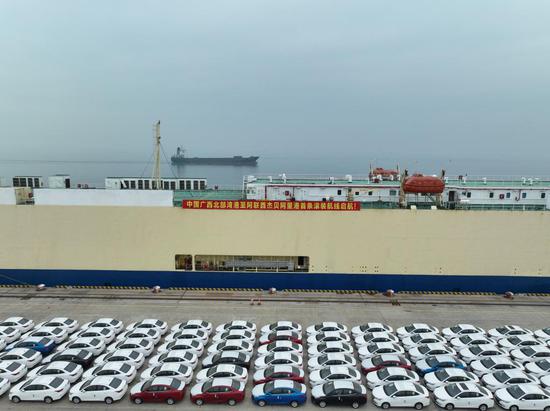



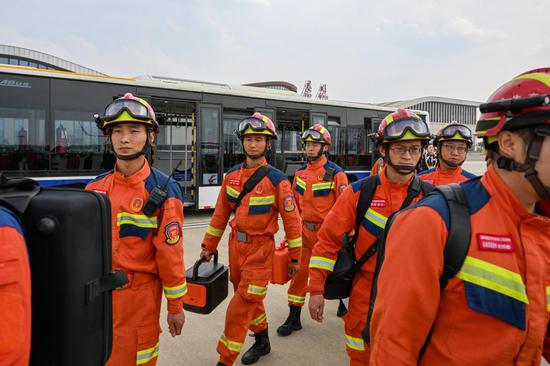



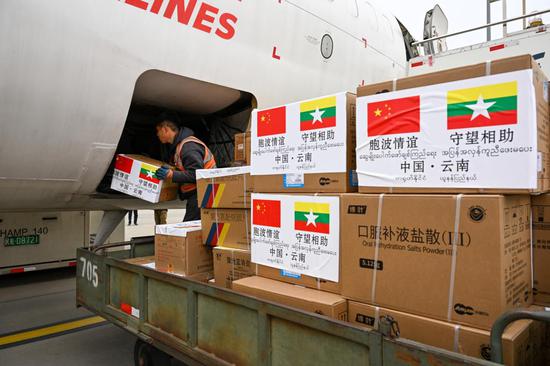







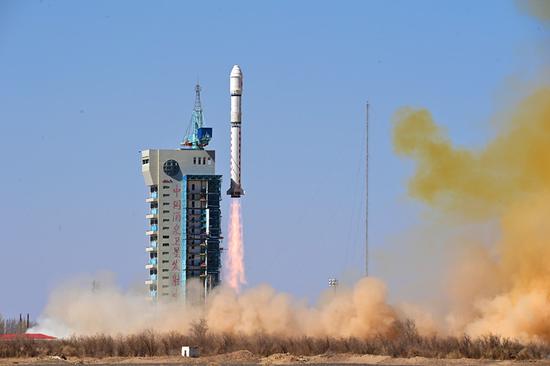



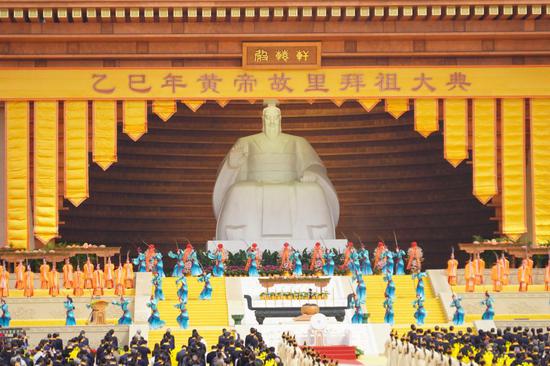

















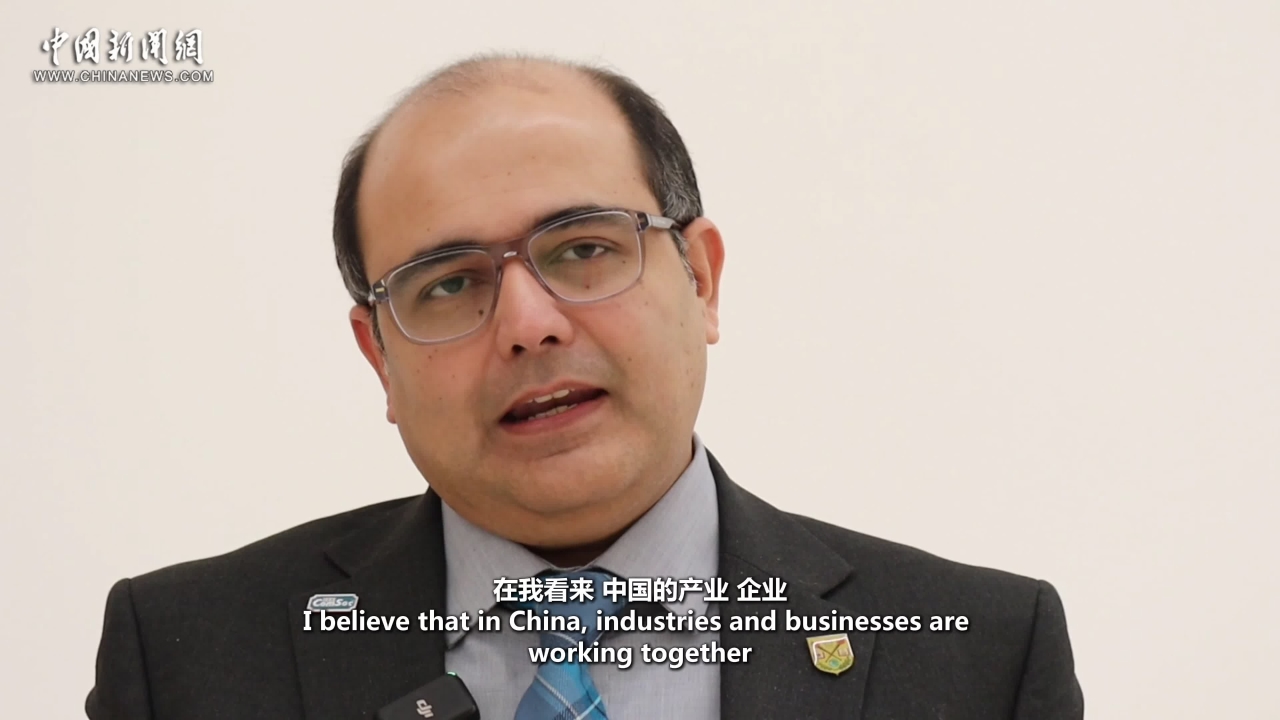



 京公網安備 11010202009201號
京公網安備 11010202009201號